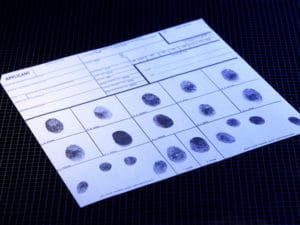
The good news is that there may be a solution for you, depending on your unique situation. Penal Code Section 851.8 allows for individuals to file a Petition for Factual Innocence. This gets that record of your arrest off your record forever. However, there are some very strict rules that make it best to work with a criminal defense attorney for the best chance of having your petition granted. Once your request is granted, you’ll be able to legally say “No” if asked if you have ever been arrested.
Not everyone is eligible for a Factual Innocent Petition
Not everyone can file these petitions and not everyone can have their arrest sealed. The qualifications are as follows:
- Your arrest must not have led to criminal charges or;
- Criminal charges were filed against you after the arrest but the charges were later dismissed or;
- You stood trial and were found “not guilty” by a jury.
Essentially, if you were convicted then you aren’t eligible for a Petition for Factual Innocence. However, there are options for you too – if you pled guilty or no contest, you may be eligible for an expungement.
Filing a Petition for Factual Innocence
The first step to seal your record is to file the Petition for Factual Innocence with the law enforcement agency responsible for the original arrest. If the agency agrees with the Petition, then they will seal your arrest record for three years and will destroy it after that time.
On the other hand, if the law enforcement agency hasn’t responded in 60 days, or if they denied the Petition, then the Petition must be filed with the Superior Court where charges were filed or would have been filed. Several entities must be served notice, including the arresting law enforcement agency and the prosecutor who filed or had jurisdiction where the case would have taken place.
Next a hearing date will be scheduled with the Superior Court. The judge will consider arguments and evidence from your attorney and from the prosecutor. It’s up to you to prove that you were innocent by showing that there was no reasonable reason to believe that you’d committed the crime you were arrested for. Once all evidence has been presented, it’s up to the judge to make the final decision.
As you can see, these cases are sometimes difficult and in other instances they can be complex. It’s best to work with a California defense attorney who has the experience and resources to see your case through no matter which way it goes. Reach out to Chambers Law Firm at 714-760-4088 today to schedule a consultation.




